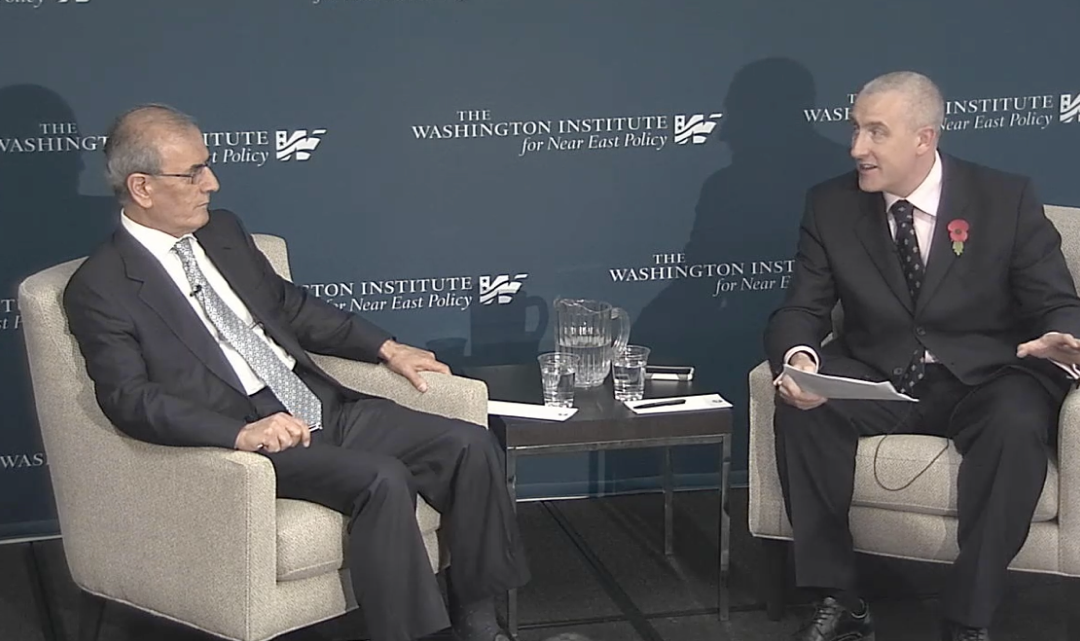WASHINGTON — The governor of an Iraqi province that was retaken from ISIS said Monday that lessons from the aftermath of the ordeal should be applied to the city of Mosul, assuming it is freed from the terror group.
Najmaldin Karim, governor of Kirkuk province now under Kurdish control, offered “day after” lessons for the neighborhoods of Mosul after its presumptive liberation by Iraqi security forces.
“It’s really a very complex problem,” said Karim who was first elected to the oil rich Kirkuk province in 2011. Once the city is liberated “people go back with no electricity no services no money.”
After Kirkuk was liberated, some 600,000 Sunni Arabs were displaced, he said. The province has since had to ration electricity resulting in it only being available for 12 hours a day.
He recommended in the immediate aftermath making everyone in Mosul an official citizen of the liberated city. Reconstruction and services like water and schooling should be evenly distributed among the population with no discrimination toward any particular group, he said.
Karim’s visit to Washington occurred amid a lengthy and on-going military offensive to retake Mosul – one of Iraq’s largest cities — from ISIS terrorists.
Michael Knights, a Lafer Fellow at the Washington Institute for Near East Policy, said the scale of Mosul – with a 40-mile perimeter – contributes to the length of the military operation.
“There’s a strange mesh of forces all working together and somehow making it work. This is an uneasy coexistence,” said Knights. At least 700,000 people are still in the city, he said, and of17 neighborhoods, 10 have been at least partially liberated.
But there was more to say Sunday about situation in Kirkuk. Human rights groups condemned the province of Kirkuk for alleged discrimination toward the Arab Sunni minority.
On Sunday, the Human Rights Watch group released a report accusing the Kurdistan Regional Government of unlawfully destroying a “large number of Arab homes, and sometimes entire villages, in areas retaken from the Islamic State.”
“In village after village in Kirkuk and Nineveh, KRG security forces destroyed Arab homes – but not those belonging to Kurds – for no legitimate military purpose,” said Joe Stork, deputy Middle East director at Human Rights Watch in a news release. “KRG leaders’ political goals don’t justify demolishing homes illegally.”
Karim said he was never contacted before the report was issued and said the homes that were taken down were on government property.


